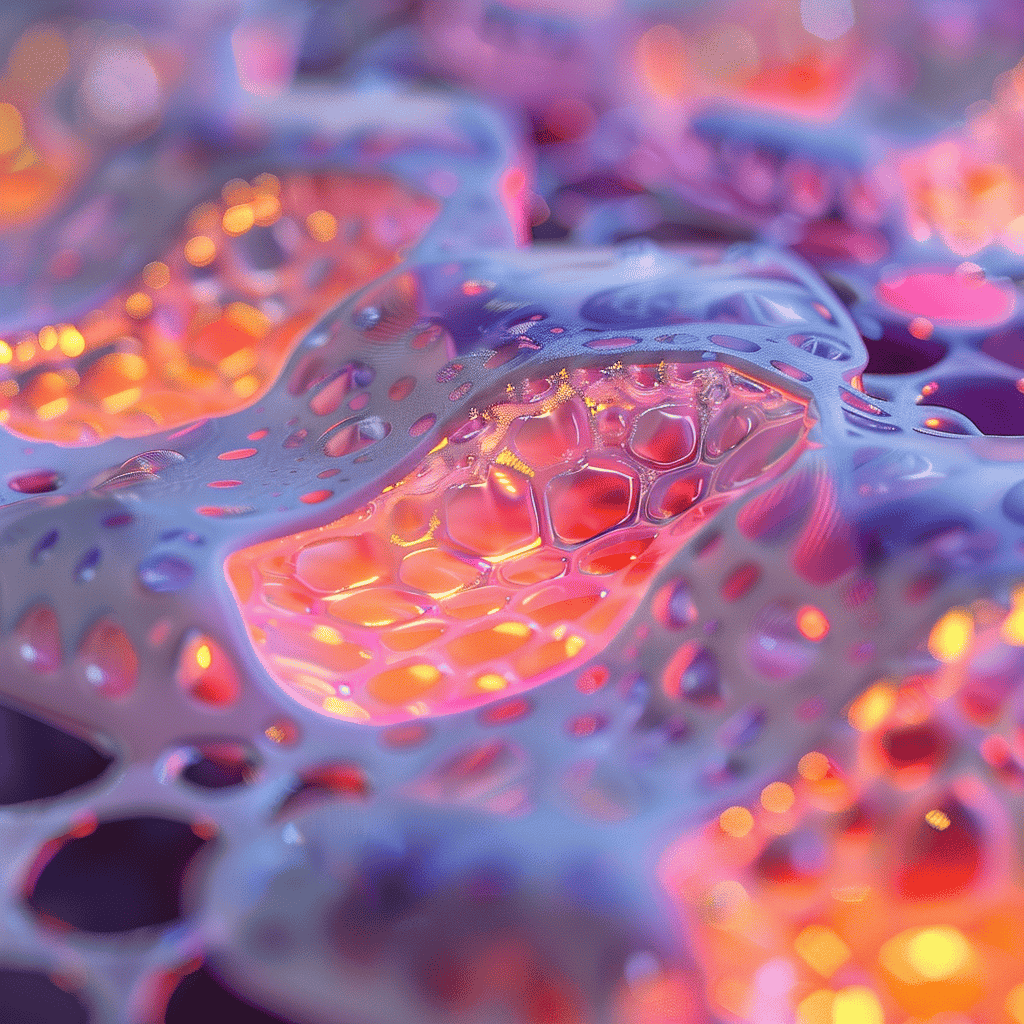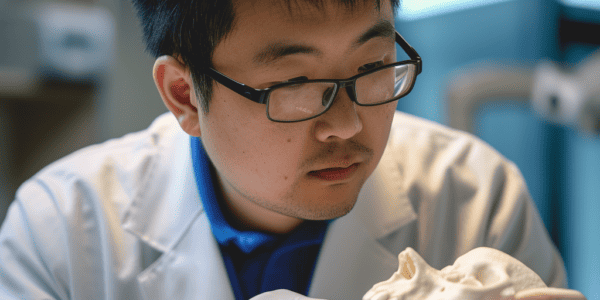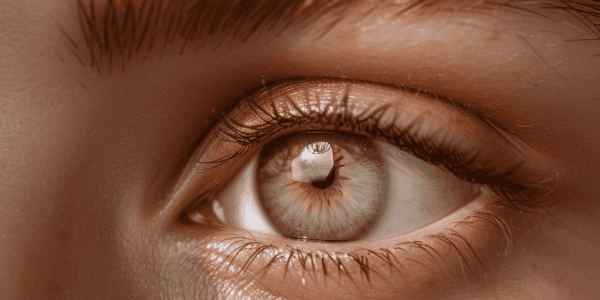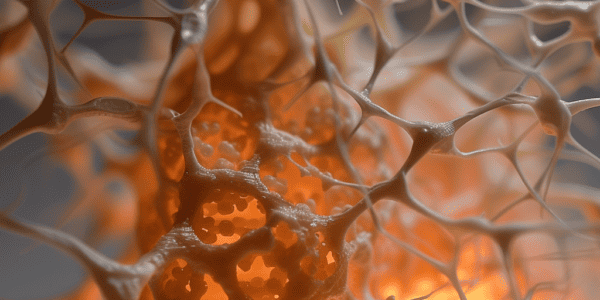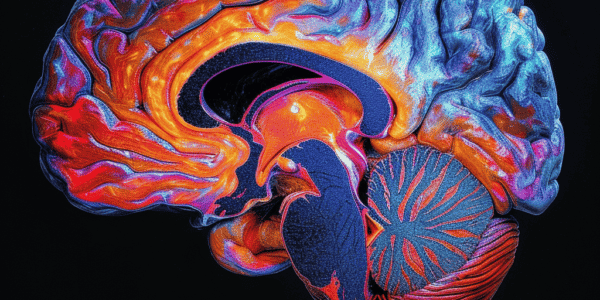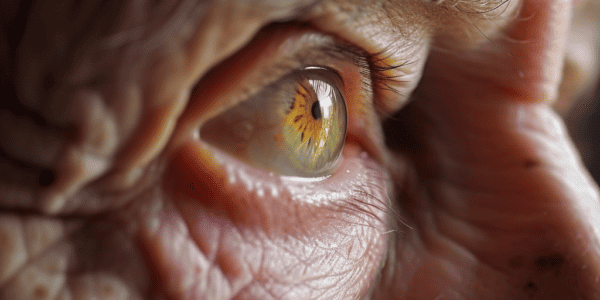Understanding Post-Concussion Syndrome
Learn about the impact of post-concussion syndrome, a condition affecting up to 30 percent of individuals who suffer from concussions. Discover the symptoms and treatment options for this type of traumatic brain injury.
3D printed facial reconstruction research receives $700,000 grant
Dr. Xiao Liu, a researcher at the University of Wollongong, has received $700,000 in funding to develop vital research into facial reconstruction methods for head and neck cancer patients. The funding will support the development of a hybrid 3D printed scaffold that facilitates rapid bone growth and is partially resorbable, aiming to significantly improve the quality of life for post-cancer patients. The research is crucial, as oral cancer ranks among the most prevalent cancers globally, with over 5,300 Australians newly diagnosed in 2023. The Passe and Williams Foundation CEO, Dr. Jeanette Pritchard, expressed excitement for the potential impact of Dr. Liu’s work on the field of oral rehabilitation and survivors of head and neck cancer.
Expert Advice on Banishing Dark Circles
Learn about the causes, treatments, and prevention methods for dark circles under the eyes from dermatology and makeup artistry experts. Discover at-home remedies, prevention tips, and makeup techniques to achieve a more even complexion.
Scientists Develop World’s First 3D-Printed Brain Tissue with Potential to Revolutionize Neuroscience and Brain Disorder Treatments
Scientists in Wisconsin, USA, have achieved a groundbreaking feat in the field of neuroscience by developing the world’s first 3D-printed brain tissue that mimics the functionality of natural brain tissue. This development is a significant stride towards the advancement of treatments for neurological and neurodevelopmental disorders such as Alzheimer’s and Parkinson’s disease. The innovative approach employed by the scientists involved the use of a 3D printer that departed from the conventional method of stacking layers vertically. Instead, they utilized a horizontal layering technique and placed brain cells, specifically neurons derived from induced pluripotent stem cells, in a softer ‘bio-ink’ gel compared to previous attempts. According to Su-Chun Zhang, a professor of neuroscience and neurology at UW–Madison’s Waisman Center, the 3D-printed brain tissue provides a powerful model for understanding human brain cell communication. This breakthrough has the potential to revolutionize stem cell biology, neuroscience, and the understanding of various neurological and psychiatric disorders.
Global Longevity Trends: Humans Living Longer than Ever
Research shows that humans are living longer than ever, with mortality and longevity trends becoming more similar regardless of disparities between sexes and locations. The male-female gap in life expectancy is decreasing, and clusters of countries are projected to change further by 2030. Despite challenges such as war, poverty, and disease, life spans are expected to continue to grow longer.
Leafy Greens: A Natural Alternative for Treating Gum Disease
Research suggests that nitrate-rich vegetables like lettuce and spinach could hold the key to improving oral health, offering a natural and effective alternative to traditional treatments for gum disease. With over half of the adult population in the UK and US suffering from gum disease, the potential benefits of incorporating more leafy greens into our diets are significant, promoting oral health through dietary means and reducing reliance on treatments with potential side effects.
Dietary Restriction Slows Brain Aging & Increases Lifespan
Learn how dietary restriction can slow brain aging and increase lifespan. Buck Institute scientists discovered the key role of the OXR1 gene in the beneficial effects of dietary restriction on brain health and lifespan. Find out how this research offers new targets for treating age-related neurodegenerative diseases.
New Therapies Offer Hope for Preserving Eyesight in Age-Related Macular Degeneration
Learn about the latest therapies offering hope for preserving eyesight in later life for those with age-related macular degeneration (AMD), including treatments for both dry and wet types of AMD. From eye injections to nutritional supplements, new options are available to help manage this common cause of vision loss in seniors.
Nose Picking and Alzheimer’s Disease
A new study suggests that nose-picking may introduce pathogens that cause inflammation in the brain, increasing the risk of developing Alzheimer’s disease. The report’s authors urge people to stop picking their nose, as it may lead to neuroinflammation and the production of beta-amyloid, a protein associated with Alzheimer’s.
Early Signs of Breast Cancer in Dogs: What Pet Owners Need to Know
Learn about the early warning signs of breast cancer in dogs and how to reduce the risk of this disease. Dr. Anna Foreman shares valuable insights into the signs of mammary cancer in dogs and provides guidance on monitoring your pet’s health for potential indicators of the disease.






